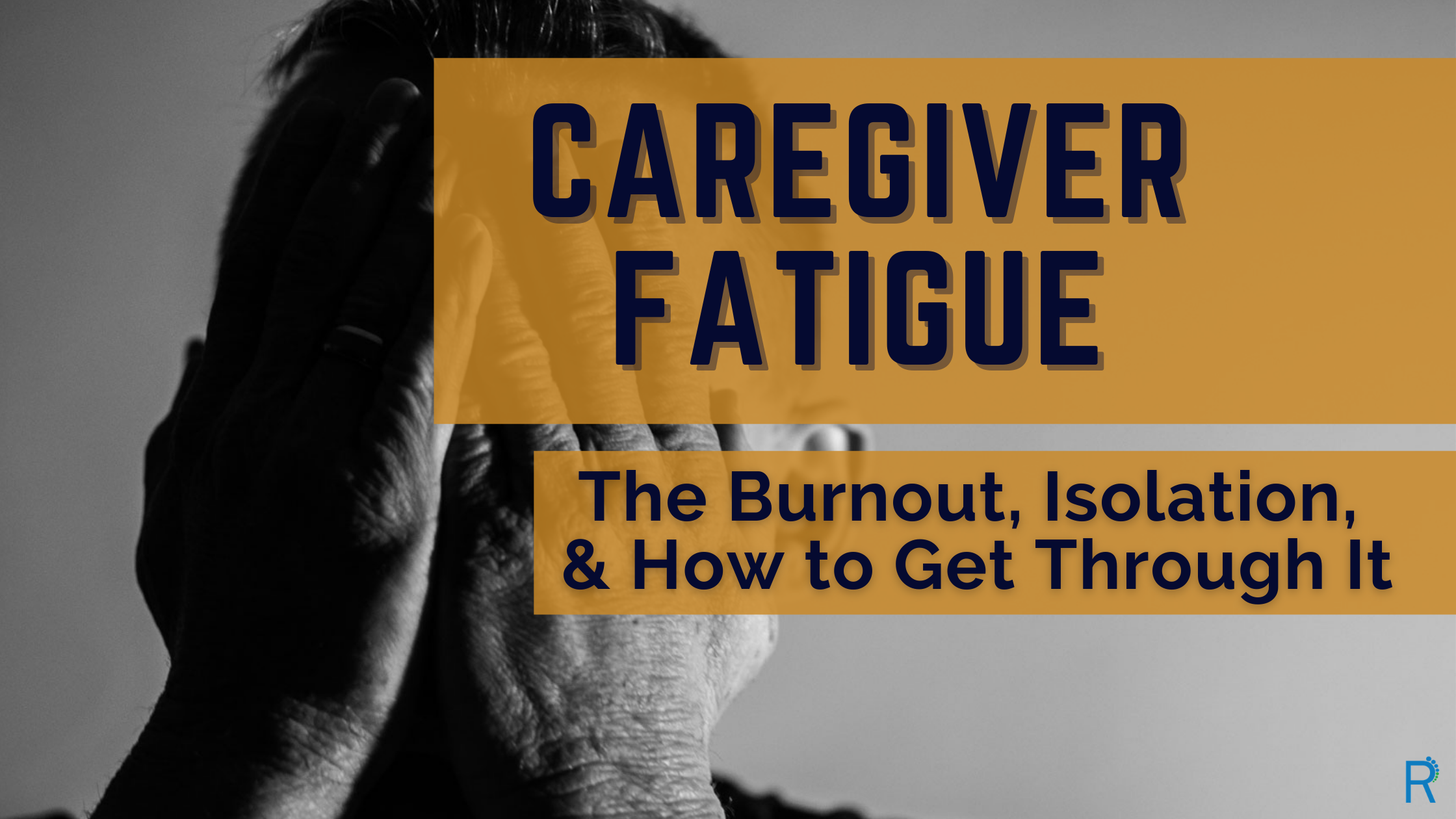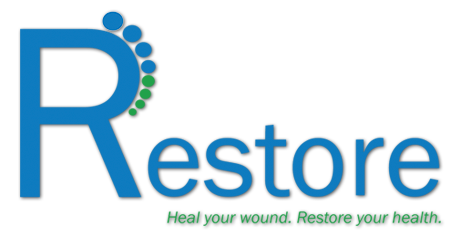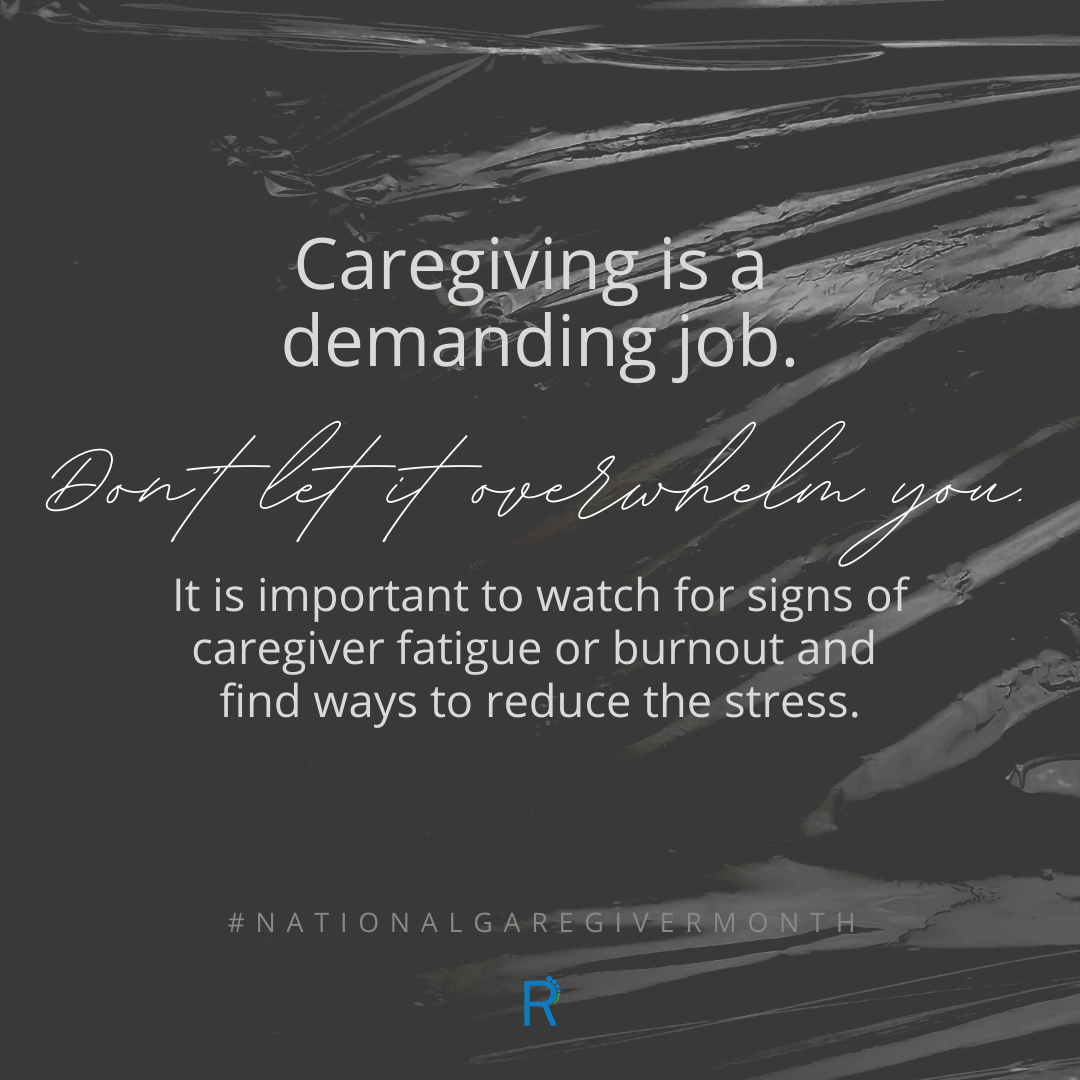Caregiver Fatigue: The Burnout, Isolation & How to Get Through It



My mother-in-law was diagnosed with breast cancer in 2005. She was successfully treated with chemotherapy and radiation therapy. The cancer was in remission for nearly two years. However, in 2007, it reoccurred and worse, it metastasized to her bones. She was again treated with chemotherapy but this time, it was not successful. In the last six months of her life, my sister-in-law, Lisa, was her primary caretaker since both of her siblings live further away.
Lisa never complained about taking care of their Mom. However, while reminiscing with her, she did mention that being the primary caregiver affected her life in many ways. She felt guilty that she was not able to properly care for her three young kids and that when the kids were with her, she sat them in front of the television so she could take care of Mom. She also felt isolated, spending nearly every night sleeping on her Mom’s sofa instead of her own bed at home. She did not go out with friends, since she could not leave Mom on her own for fear of her falling and hurting herself. Lisa was always tired because her sleep was so frequently interrupted. She had to get up and help Mom to the bathroom each time Mom needed to go.
According to literature, more than 40 million Americans serve as caregivers to their loved ones — a figure expected to grow as more Baby Boomers, and their parents, get older.3 According to the CDC, unpaid family members are the backbone of long-term care provided in people’s homes in the US.1 They provide care for their children, parents or spouses and their care responsibilities can increase and change as the recipient’s needs increase, which may result in additional emotional strain on the caregiver. In Lisa’s case, it started out as just driving Mom to her medical appointments and helping with her groceries. However, as Mom progressively became weaker and weaker, Lisa had to take on more responsibilities, such as cooking her meals, bathing and dressing her, giving her medications, cleaning her house and paying her bills in addition to taking her to her medical appointments.
Caregiving can bring great satisfaction and strengthen relationships, but it can also place a great physical and mental health burden on caregivers. Taking care of loved ones can be overwhelming. Stressed caregivers may experience fatigue, anxiety, guilt, and depression. A 2018 study found that four in 10 caregivers experienced depression, mood swings and resentment as a result of their labors.2 Caregivers may resent caring for their loved ones because it interrupts their own lives and leaves them little time for themselves and their immediate family. The resentment is not unusual and caregivers should not feel guilty about it. However, they should not take out their resentments on the loved one for whom they are caring. Too much stress may result in burn out or cause caregivers to make mistakes that could endanger a loved one, such as giving the wrong medication or wrong dosage of a medication.2

Caregiving is a demanding job. Don’t let it overwhelm you. It is important to watch for signs of caregiver fatigue/burnout and find ways to reduce the stress. First of all, give yourself a break. In Lisa’s case, she engaged a homehealth aide who came in twice a week to help with my mother-in-law’s daily care. If you feel you need more than a few hours off, look into a respite care, adult daycare or home care services in your area. Simplify your communication with your family members or extended family members by using social media instead of individual emails or texts. Lastly, take care of yourself. Make sure you are keeping in touch with your friends, eating healthy food, drinking plenty of water, and exercising on a regular basis. Remember, you cannot help your loved one if you, yourself, are not staying healthy and having a positive attitude.

This blog post was written by Josephine F. Schantz, MSN, RN, NPD-BC, WCC – EO2 Clinical Specialist
What is MSN, RN, NPD-BC, WCC? MSN is a Masters of Science in Nursing, while WCC refers to a Wound Care-Certified Nurse.
